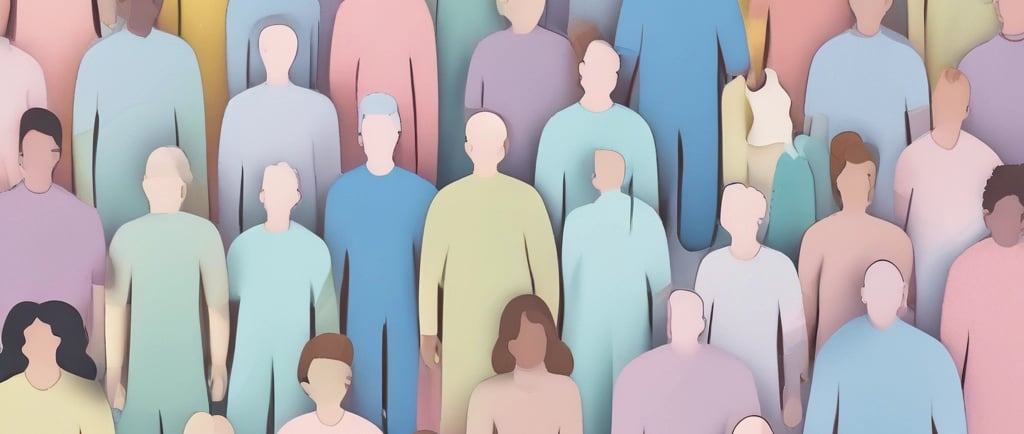Lived Experience meets Clinical Theory
Jodie Mainstone
10/11/20252 min read


Too often, mental health support tries to fit everyone into a single mould. However, being human is far more complex, dynamic and diverse than that. Our wellbeing is shaped by countless aspects of who we are. Our neurodiversity, gender, race, sexuality, culture, socioeconomic background and experiences influence the way we think, feel and live.
The most effective support comes from balancing lived experience with clinical theory. Each offers something vital, and together they create care that is compassionate, inclusive and transformative.
Lived experience is more than a personal story. It provides a unique form of expertise. People with neurodivergent experiences, LGBTQ+ identities or those navigating systemic barriers such as racism or sexism bring insights that extend beyond textbooks. Their perspectives reveal how stress, resilience and recovery play out in real life, helping shape more empathetic and effective support. When services listen first, people feel seen and validated. Their voices do not just inform care, they strengthen it.
Clinical theory plays an equally important role. It offers tested frameworks that help practitioners recognise patterns, understand complex psychological processes and apply interventions safely and effectively. Evidence based approaches are grounded in research and practice. They ensure that support remains consistent, ethical and effective.
Without a theoretical foundation, even well intentioned support can lack structure or continuity. Theory helps to place experiences within a wider psychological and social context, providing understanding and accountability.
At the same time, theory alone is not enough. When it overlooks identity, culture or neurodiversity, it can miss the realities of people’s lives or risk pathologising difference. The greatest strength comes when lived experience and theory work together: theory providing structure and evidence, and lived experience adding depth, authenticity and context.
When these perspectives are in dialogue, mental health care becomes affirming, inclusive and responsive to the diverse realities of people’s lives. It supports people not only to cope, but to grow and thrive.
Putting this into practice means listening first, validating always, reflecting on how theory aligns with lived experience, co-creating solutions and staying open so that lived experience continues to inform and enrich professional practice but theory ensures evidence based, consistent and ethical approaches to care. Finding the balance is not always easy, but these are important considerations and conversations to have.
